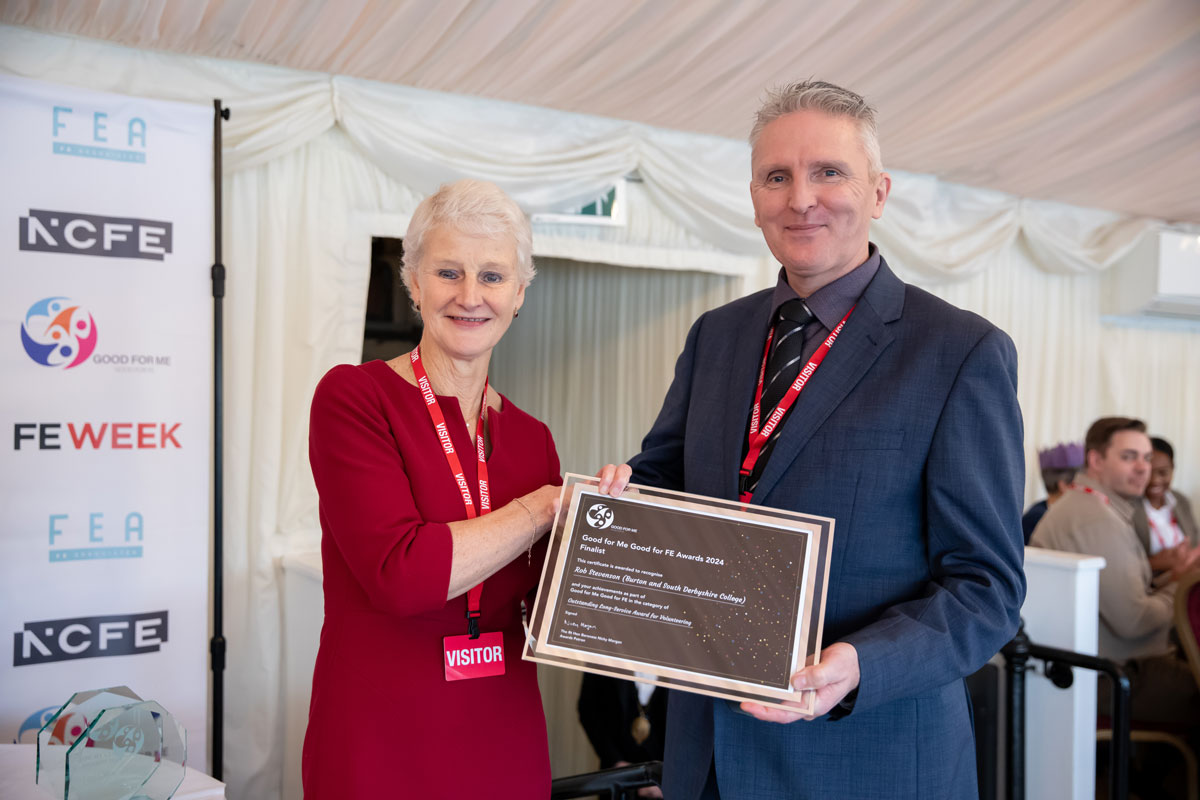The key to social mobility is education: but Graduate outcomes are likely to be worse for disadvantaged students

The key to social mobility is education. We all want to believe that we live in a society where hard work and talent will be rewarded, regardless of an individual’s starting point and background.
In the Education Committee’s evidence session today, we spoke with key higher education representatives to better understand some of the challenges facing universities and other HE institutions at this time. Our questions were wide-ranging: from free speech on campuses to student mental health, to the transition back from virtual to face-to-face teaching. But for me the thread that underpins these themes is the idea that higher education should be a springboard for every person. It is true that, as of 2020, graduates have higher median annual salaries and higher employment rates than non-graduates do. But in recent years, this gap has been narrowing, while the long-term cost of higher education continues to creep up. All this has a profound impact on those who start from a place of disadvantage. It would appear that the springboards for individuals are not level.
Graduate outcomes are likely to be worse for disadvantaged students. In the financial year 2018-19, graduates who had been eligible for free school meals (FSM) at any point between years six and eleven were less likely to be in sustained employment or further study one year after graduation- at 86.3%, compared to 89.1% of non-FSM eligible graduates. Furthermore, median annual salaries were also lower for FSM-eligible graduates (£18,600 compared to £20,400) and five years after graduating, the gap widens (£24,800 compared to £27,700). This is compounded by the fact that disadvantaged pupils are less likely to enter further education in the first place- 26.6% compared to 45.7% of their non-FSM eligible peers – and the fact that FSM eligible pupils are three times less likely to go to high tariff providers. Clearly, something is going wrong in our education system.
Our witnesses today pointed to several factors. UCAS’ Chief Executive, Clare Marchant, stated that intervention needs to start at an early age. By 17 or 18, it is often too late to raise the aspirations of students, and some key life choices – such as GCSE options – have already been made. This is why robust, and regular, careers guidance is critical for students as they begin to make these important decisions.
It is also important that students understand university or higher education through the lens of their peers’ experiences, and she spoke of the use of social media to relay the reality of going to university to young people. I am encouraged that UCAS recognises this and is taking steps to reach and connect with younger pupils; but clearly once at university, those from lower socio-economic backgrounds are facing barriers compared to their peers. According to the DfE’s most recent data release, students from areas in the most deprived Index of Multiple Deprivation quintile were the least likely to achieve an upper second class, or first-class degree. With worse employment outcomes for these students, the inequality becomes baked in. How can we ensure that graduate outcomes are more equal, regardless of starting point?
One solution is of course, better support while at university, including work-related experience and mentoring schemes. In January 2022, the Office for Students (the independent regulator for higher education in England) proposed “minimum acceptable student outcomes” that higher education providers in England must deliver for students, stipulating that institutions must hit benchmarks for pupils entering their second year of study, completing their qualifications, and going on into professional employment or further study. The OfS hopes that these requirements will benefit disadvantaged students the most, because students studying on courses that currently would not meet these thresholds are often from underrepresented groups in higher education. The Committee will be monitoring these proposals closely to see if they have the desired effect.
Our session also aired concerns regarding new Government proposals to introduce minimum entry requirements so that students without a pass in English and maths GCSEs or 2 Es at A-Level will not be able to access student loans- which again has the potential to disproportionately impact on pupils from the most disadvantaged households- just 52% of whom achieve a grade 4 at GCSE English and maths, compared to 71% of all pupils in England. If people have not got a GCSE in Maths but go on to read a History degree, should they be negatively penalised. Apprentices are required to complete functional skills, so can this approach not be replicated in Higher Education institutions? It is clear that stipulations like the ones which the Government proposes should be contextualised.
The recent announcements made by the Government in response to the Augar Review mark an important step-change. But I would like to see more ambition, especially when it comes to degree apprenticeships. The Secretary of State has set a 10% target for degree apprenticeships, but I believe this should be higher – at 50%. Degree apprenticeships allow students to earn while they learn, they remove the student debt hanging over graduates’ heads like the proverbial sword of Damocles, and students are guaranteed a good job at the end.
Ultimately, the pandemic cannot be used as an excuse for the inequality which runs through our higher education system; these issues were apparent pre-2020 and are not improving. More must be done to better understand the reasons behind the disparity in graduate outcomes and to then enable institutions and Government to take the necessary steps to level the playing field for students who aspire to post-18 education.
Rt Hon Robert Halfon MP Chair of the Education Committee











Responses